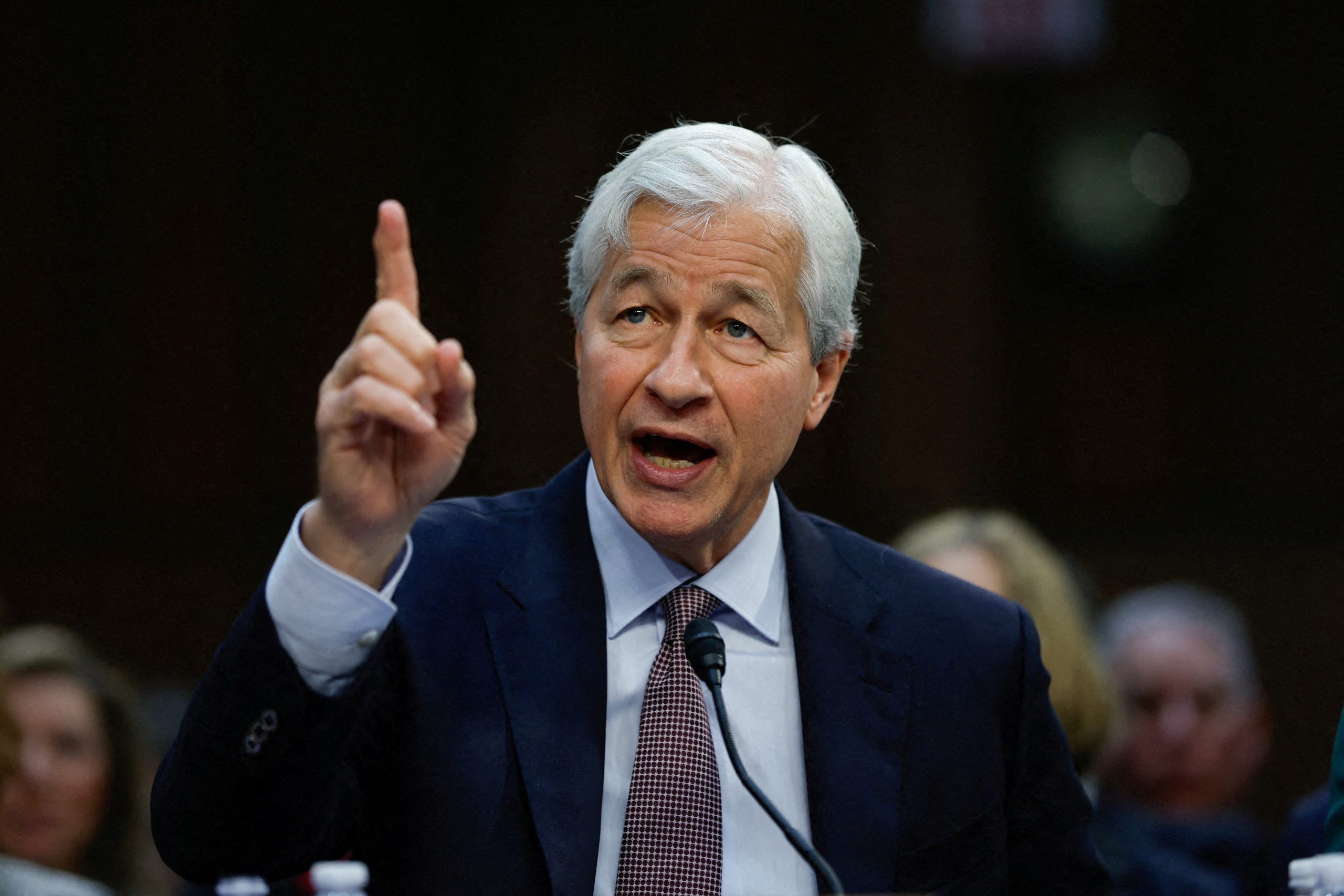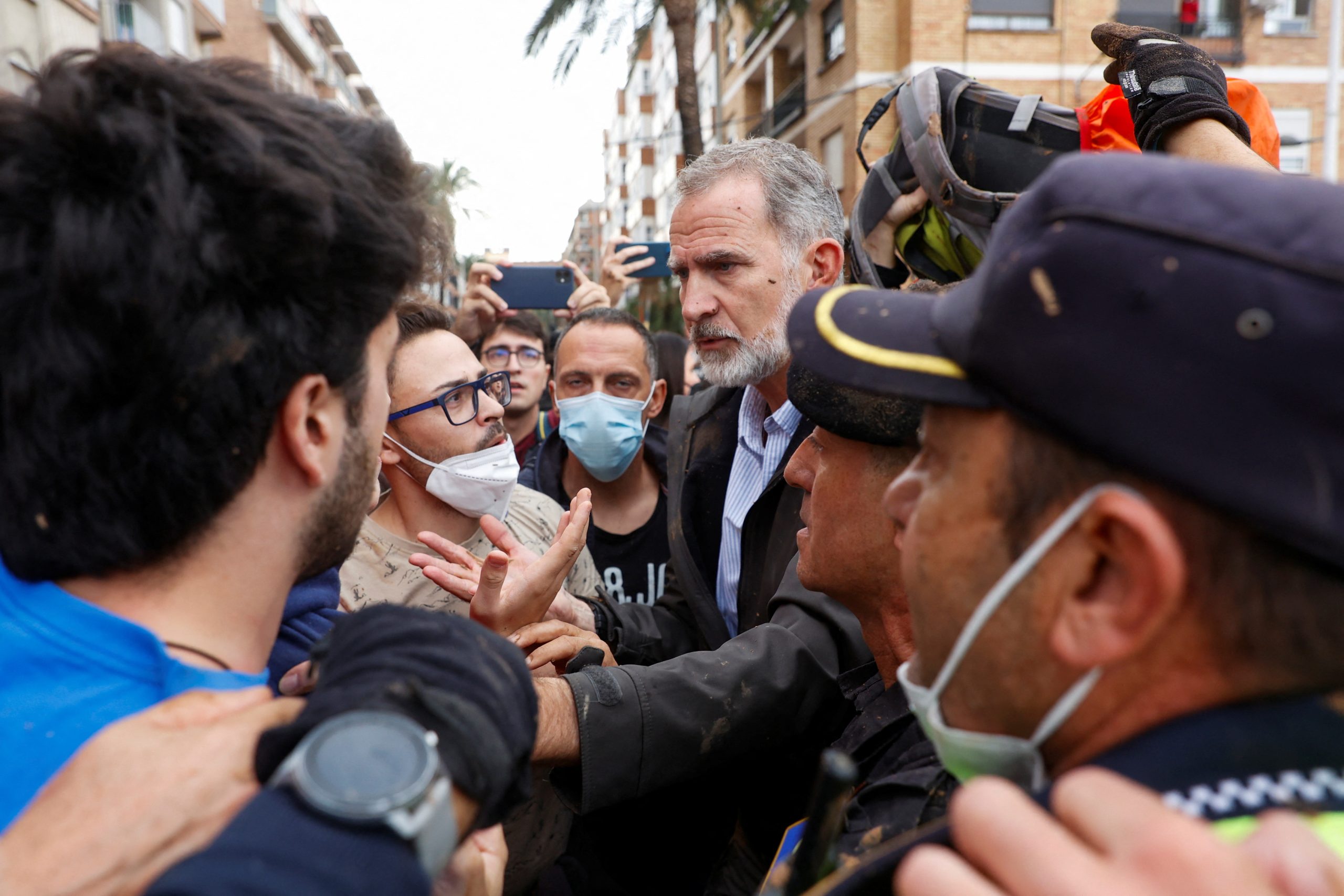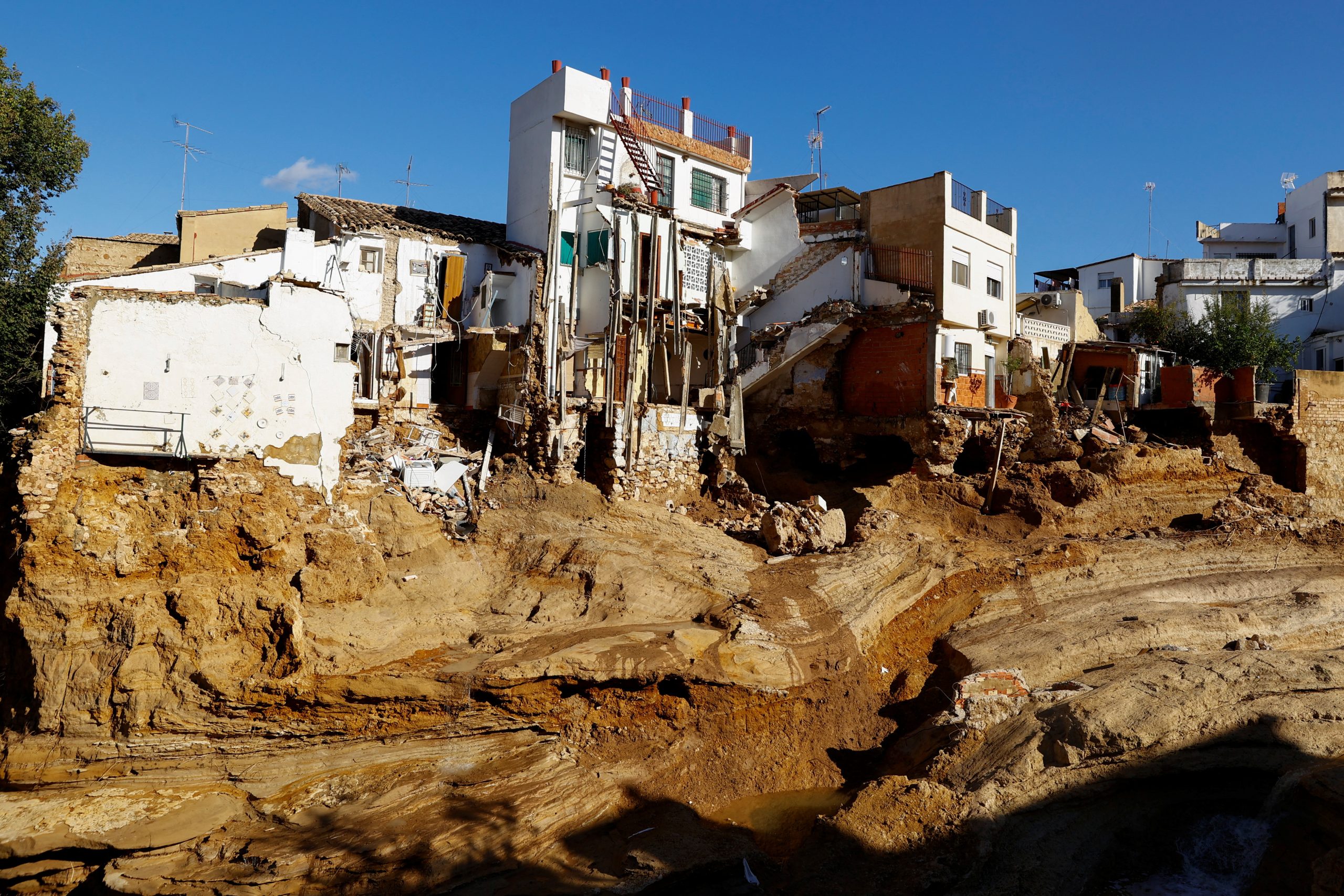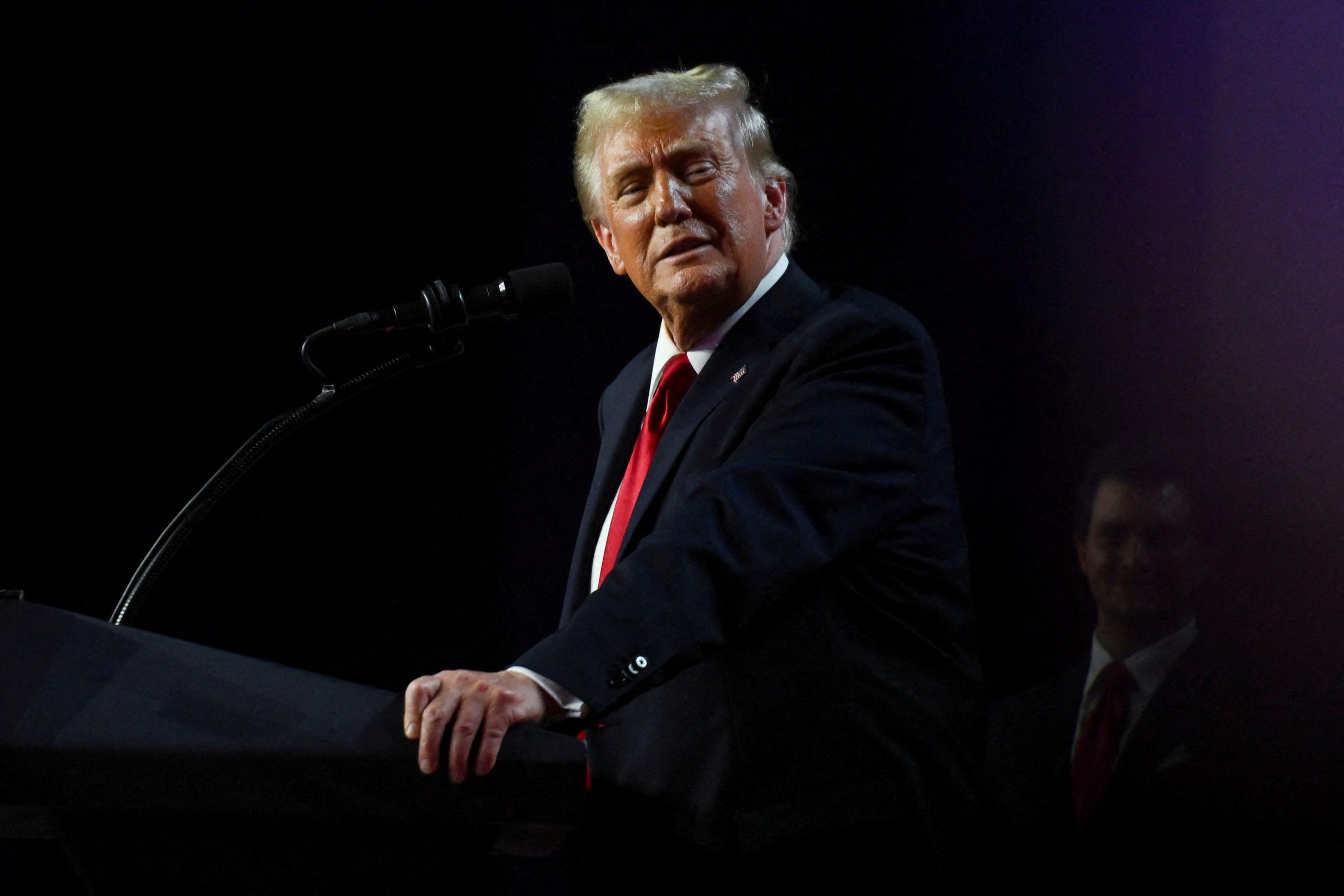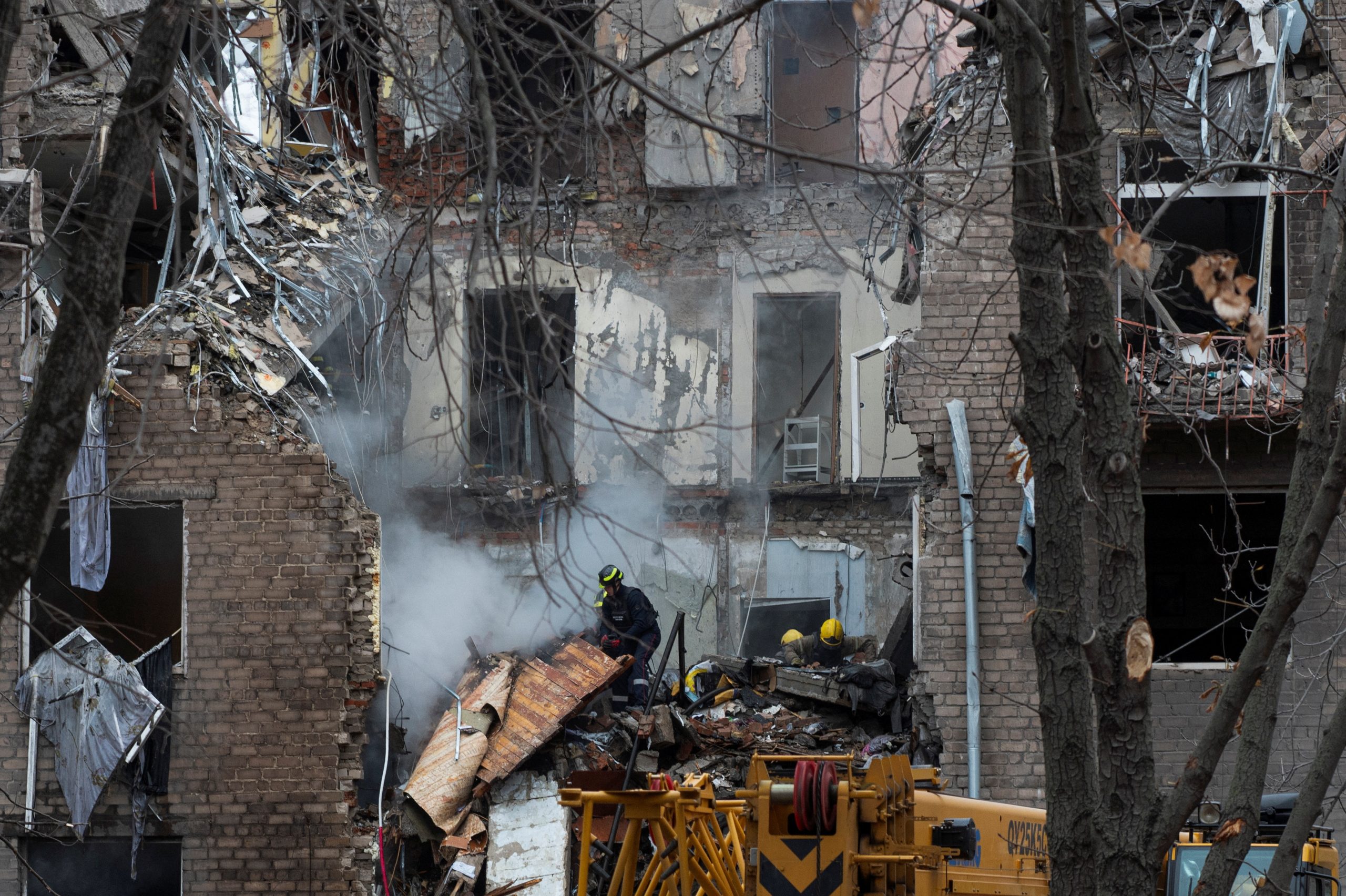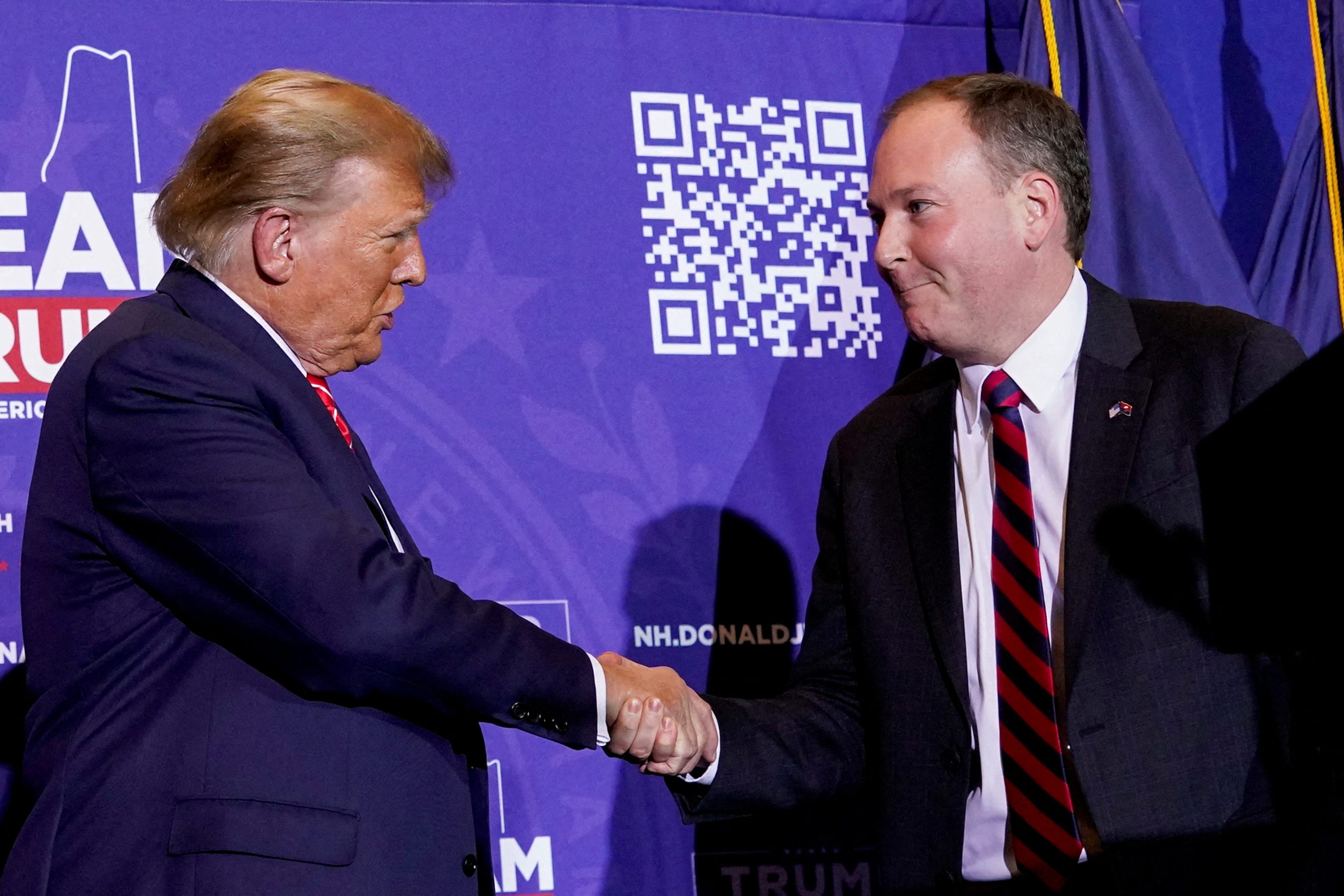JP Morgan CEO Jamie Dimon has unleashed a chilling warning that’s rocked the financial and political spheres alike: “World War III has already begun.” Speaking to an audience at the Institute of International Finance, Dimon’s dire assessment of the geopolitical landscape struck an ominous note. With conflict escalating in Ukraine, Israel, and other hotbeds around the world, Dimon declared that we’re witnessing the early stages of a sprawling, multi-fronted global war.
Dimon didn’t mince words, calling out an “evil axis” of Russia, Iran, North Korea, and, to a nuanced degree, China. According to the banking titan, these countries are not waiting for a future date to challenge global order but are actively moving against Western institutions like NATO. “They’re not talking about waiting 20 years,” Dimon warned. “And so the risk of this is extraordinary if you read history.”
Dimon’s speech was loaded with urgency and chilling what-if scenarios. Among his most alarming predictions was the specter of nuclear blackmail. In his words, the world has never before faced a leader like Russia’s Vladimir Putin, who he described as someone unafraid to wield the threat of nuclear weapons if his army falters. “If that doesn’t scare you, it should,” Dimon said flatly, leaving a mark on those who may have hoped the world’s nuclear arsenal was a relic of past conflicts.
This unnerving speech wasn’t just a warning to governments but an admonition to the U.S. to “stay alert and not be naive.” Dimon argued that American leaders cannot afford to stand by while “events play out,” as if global stability were inevitable. “We have to make sure that we are involved in doing the right things to get it resolved properly,” he asserted. In other words, Dimon sees a role for the U.S. that goes beyond diplomacy—one that involves clear intervention to avoid what he describes as “scenarios that would shock you.”
Yet, Dimon wasn’t alone in his ominous view. Former president Donald Trump echoed a similar prophecy, labeling current tensions as “very close to a global catastrophe.” Trump’s stance wasn’t just a political dig but a visceral reflection of his foreign policy mantra: peace through power. The former president stressed that his administration had imposed crippling sanctions on Iran, keeping the nation’s influence in check. “But ever since,” Trump lamented, “Iran has been exporting terror all over the world, and it’s been just unraveling.”
Political science expert Paul Beck from Ohio State University also weighed in, admitting there may be merit to the theory that we’re in the opening act of World War III. “Maybe it is the beginning of WWIII,” Beck admitted, though he stopped short of fully agreeing with Dimon. His caution reflects a deep-seated unease, hinting that while we might not yet be at all-out global war, we could be dangerously close.
Adding fuel to the anxiety, Dimon delivered a stark assessment of nuclear proliferation as the “biggest risk mankind faces.” Climate change, he argued, pales in comparison to the horror of entire cities wiped out in a flash. “It’s just a matter of time before these things are going off in major cities around the world,” Dimon warned, in a tone that left little room for debate.
In today’s increasingly unstable world, where political leaders are issuing dire warnings, we’re left wondering: is this the ominous beginning of something catastrophic, or merely a call for cautious vigilance? For Dimon, the answer seems clear: we’re past the point of predicting danger—it’s already here.
Sources for this article include: Newsweek, Institute of International Finance

